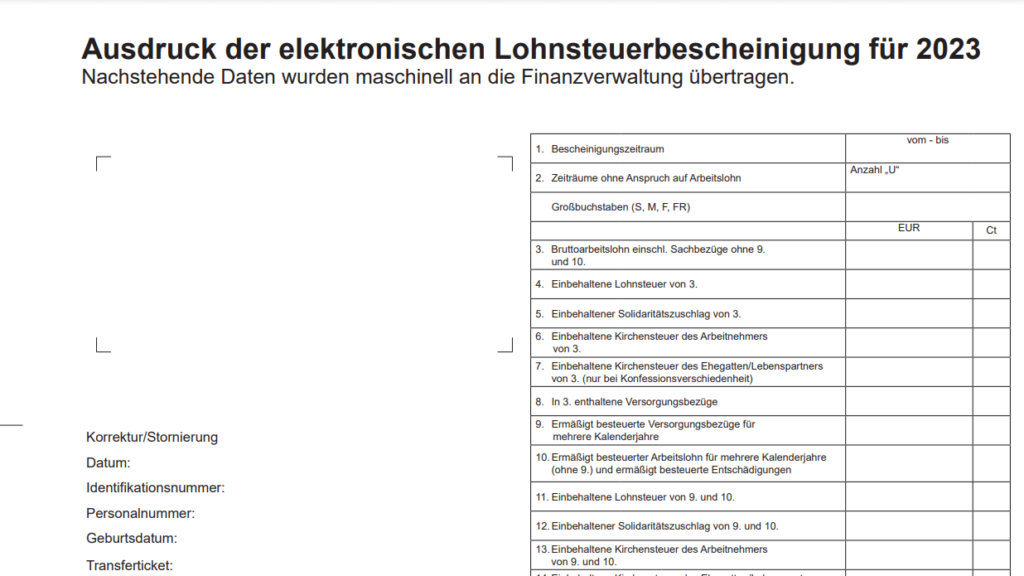Church Tax (Kirchensteuer) in Germany
The “Kirchensteuer” or church tax is a distinctive feature of Germany’s financial system, symbolizing the bond between church and state. Applicable to members of recognized religious communities, it’s a levy that accounts for about 8-9% of their income tax, with funds being critical for sustaining religious activities and institutions. Although non-payment can lead to sanctions from the religious community, individuals are allowed to opt-out, renouncing their membership and thus, exempting them from the church tax. Understanding Kirchensteuer offers insights into balancing individual freedom and communal responsibility within a nation’s tax system.










